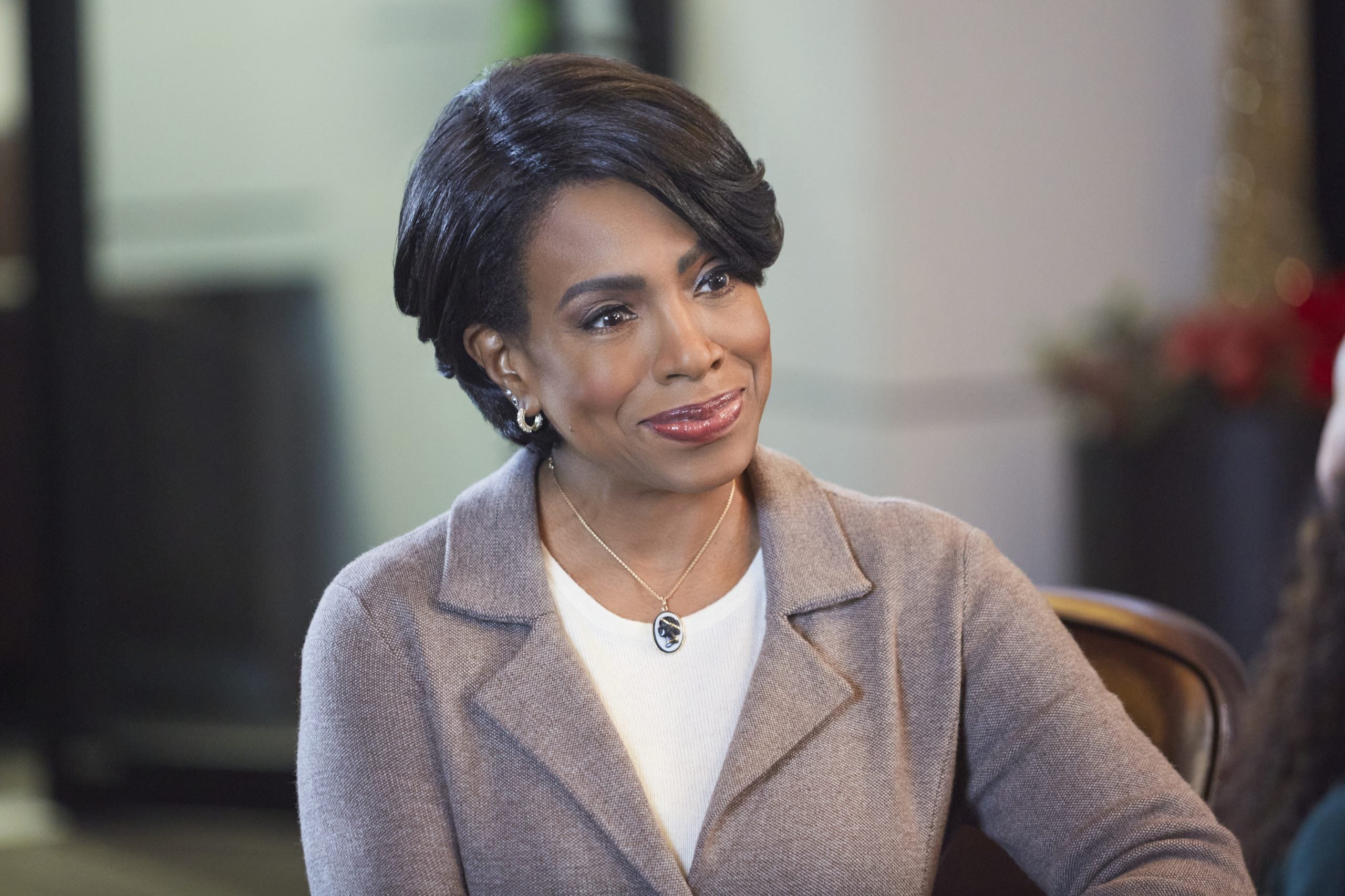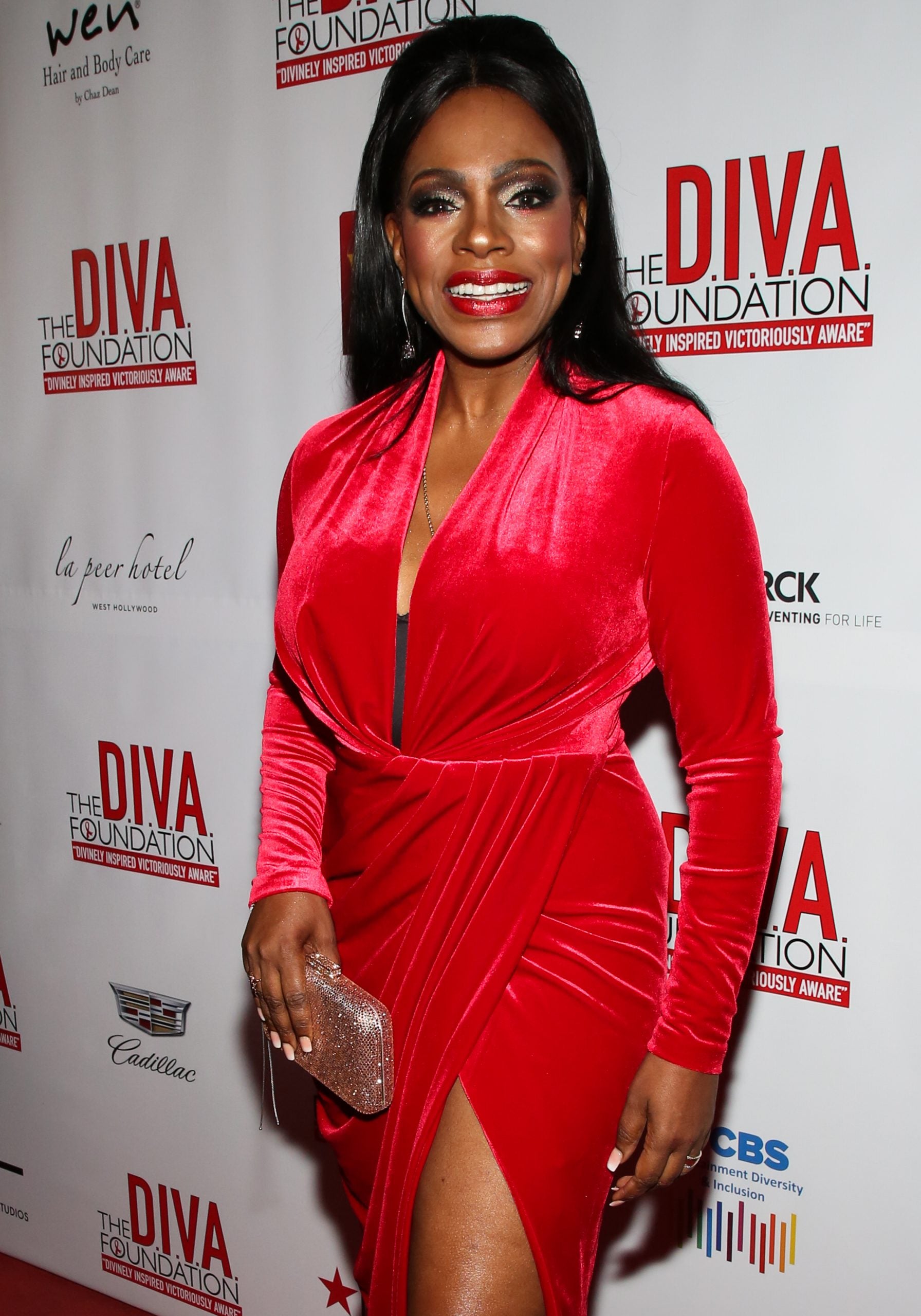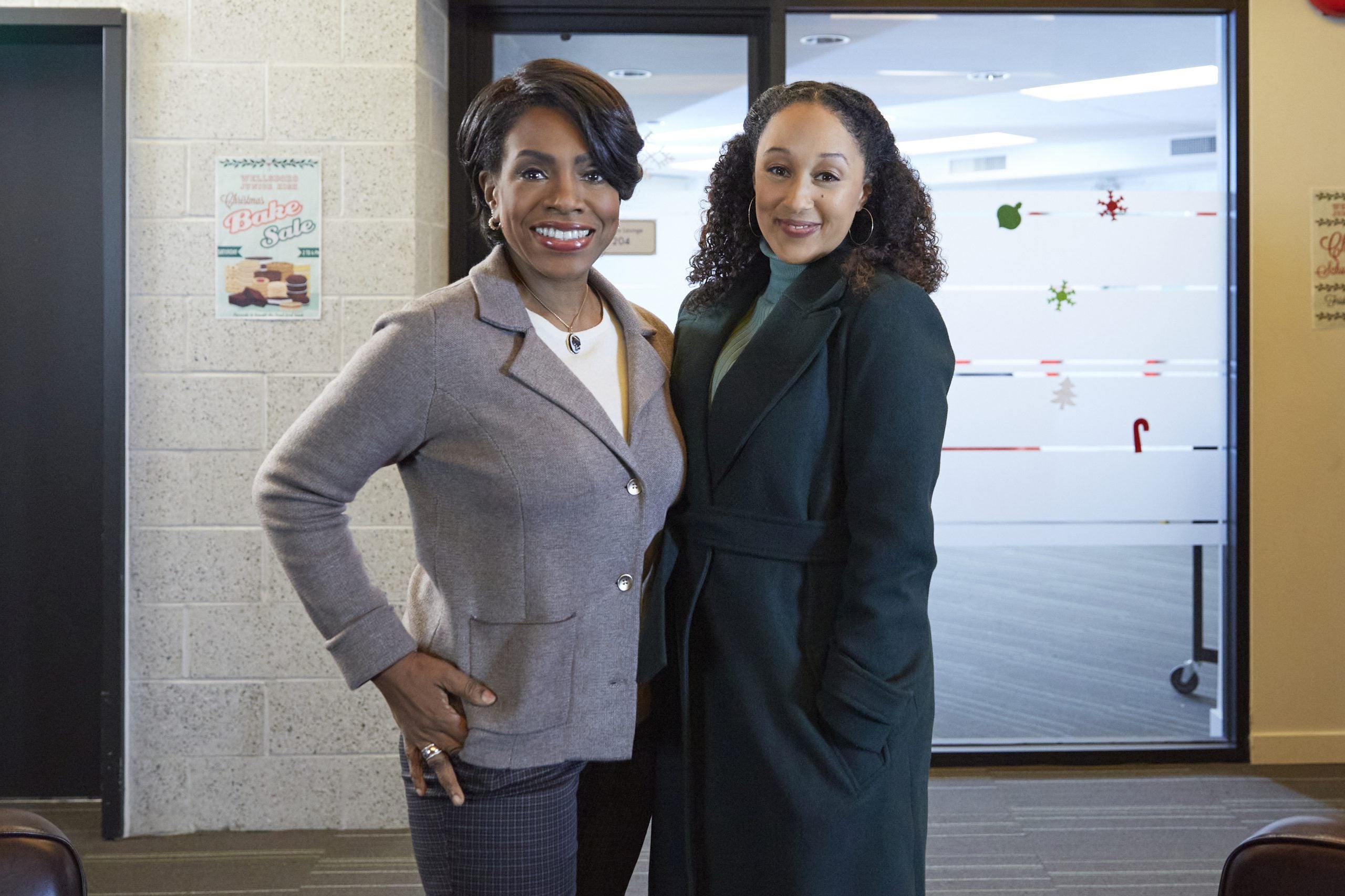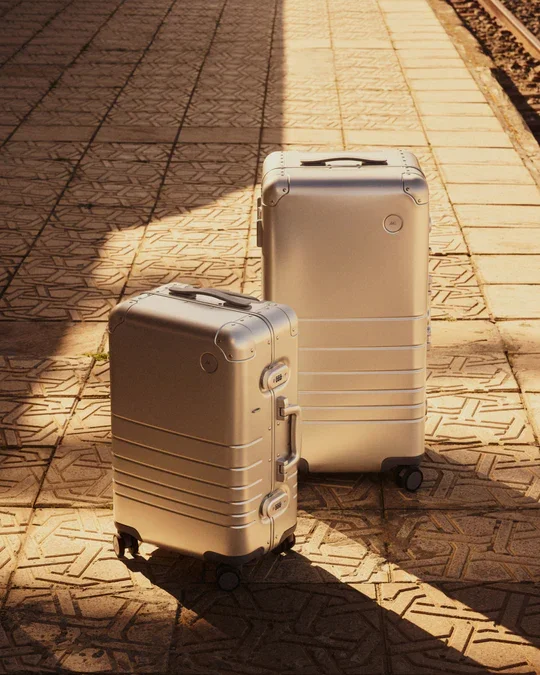Forty-three years ago, her acting career began. Thirty-nine years ago, she introduced us to Deena Jones, in the original Dreamgirls on Broadway alongside a cast of more treasured Black queens like Phylicia Rashad, Loretta Devine and Jennifer Holliday. And although it may seem like yesterday that we were introduced to Dee Mitchell, the stepmom that we didn’t know we all needed on the forever favorite 90s hit sitcom, Moesha, it was 25 years ago.
We haven’t even said her name yet, but you all know that we’re talking about the award-winning actress, author, activist and philanthropist Sheryl Lee Ralph. There doesn’t seem to be much that this Black Hollywood icon hasn’t done in her career that spans four decades. Oh yeah, and she’s a singer too. Thirty-six years ago, she released her debut album, In the Evening. Search Tidal, iTunes, Spotify, YouTube, and any other music streaming service, it’s there.

The Tony Award-winning diva doesn’t seem to be slowing down anytime soon either. The first week of December, she celebrated the 30-year anniversary of The Diva Foundation, her nonprofit organization where she’s dedicated her life to HIV/AIDS awareness, prevention, and fundraising.
ESSENCE caught up with the star of Christmas Comes Twice, the new Hallmark movie also starring Tamera Mowry-Housley, which premieres Sunday, December 13, and chatted about her extensive career in theater, television, and film, the new audio release of her book, how HIV/AIDS has impacted her life, her new accessories line she created during the pandemic, and so much more.
How have you and your family been doing this year?
SHERLY LEE RALPH: You know what? This has been a crazy, crazy, crazed year. It has been in many ways, sad. We lost my uncle early in the Corona virus pandemic, and it was so sad because he was so loved by the family, his community, his church. And as a veteran, he did not get the send-off he deserved, so that was very difficult. The whole thing was just difficult.
I’m so sorry to hear about your uncle. This virus is scary, it’s taking so many lives, and while we know that properly wearing the mask is the most known barrier to contracting it, many people refuse to wear them.
LEE RALPH: You know, it’s so interesting. I see very similar correlations from the time that we were doing HIV/AIDS awareness until now. I remember very clearly when a proven barrier to the disease was a condom. Could you get people to take condoms seriously? Could you get people to say condoms? Could you get women to carry condoms? Could you get men to wear condoms? Oh, I don’t like it, it doesn’t feel good. As if HIV and AIDS felt better.
Your foundation just celebrated the 30th Anniversary of your annual concert and telethon fundraiser for HIV/AIDS awareness and prevention. This work with HIV/AIDS awareness has always been so important to you. Does it hit personally, or have you just always been passionate about bringing awareness?
LEE RALPH: It has always been personal in that I lost so many friends as an original company member of Dreamgirls on Broadway. We lost about one third of our original company to the disease. And as I saw my friends suffer and die under stigma and shame, I decided that we’re not going to act like they were not here. And the little church girl in me said, “Well, what are we going to do?” That’s when I had this dream and it just came to me.

I’ve heard some people talk about the similarities in COVID-19 and HIV/AIDS in the way that once they hit, they hit hard surging across the world. Based off of your work and simply living through both, do you see any similarities?
LEE RALPH: Oh God, yes. Because around the world, people were dying of this disease. It started out in California, it spread across the country. Then it was South Africa. Brazil, anywhere where you found people who were marginalized, stigmatized, set aside, ignored, you saw the disease festering there. And in that way, it is the same.
How is it different? It’s different in that, if you had AIDS, nobody cared. They weren’t even putting you in a hospital room. They would put you on a gurney and you were outside in the hall. Doctors and nurses did not rush to give you care. They did not want to touch the bodies. But what was worse was people did not want to talk about it. And the silence was equaling death and the secret of the disease was killing people faster than the disease itself.
You recently did an audio update of your book, Redefining DIVA 2.0, and I’m sure that you talk a lot about your work in this space. For those who don’t have it yet, what can they expect from it?
LEE RALPH: Yes, I just did the audible book, and they can expect new stories, and I’ve corrected a few things. When you first write a book, very often you get an editor and sometimes they don’t exactly share your same vision for your book. And I had to make sure that this version was more reflective of my vision for the book. I love people’s response to the book, and I love being a trusted messenger.
One thing that is truly special about you is that people who love and support you span generations. You’ve been a trusted messenger in this industry since the 70’s. From Dena Jones in the original classic, Dreamgirls, to Dee Mitchell, one of our favorite television stepmoms from the forever favorite 90s classic, Moesha, we’ve been blessed to witness your incredible range on Broadway, in television, and in film. Do you prefer one platform over the other?
LEE RALPH: I enjoy most the one that I’m doing at that time. I got a chance to direct this summer. I was offered a film by BET Her, called, Like, Comment, Subscribe about Black women and breast cancer. I loved working with my cast. When the show aired, we broke BET Hers record for viewership.
Over forty years in, and you’re still doing some pretty awesome work.
LEE RALPH: Thank you. I’m playing the president of the United States in a series called Motherland: Fort Salem on Freeform. And I’m now producing the 30th Annual DIVAS Simply Singing. I love the fact that I have been able to be committed and continue to raise awareness around HIV/AIDS and expand it to other life-threatening diseases. Especially as it pertains to people of color because we need all the awareness we can get.
You also have a new Hallmark TV movie, Christmas Comes Twice, co-starring Tamera Mowry-Housley, and it airs on Sunday, December 13. Can you tell us a little about that?
LEE RALPH: I had the greatest time working with Tamera. She’s so sweet, so kind, and she’s just full of joy. We had the best time filming together. We just had a ball, and the film is all about second chances. What would you do if you had a chance to right some of your wrongs or relive your life all over again? And we get to explore that in the movie.

How was it filming during the pandemic?
LEE RALPH: Oh my God. First of all, Canada is very serious about the pandemic, they’re not playing with the pandemic. So, I had to be in quarantine for all of two weeks, a very serious two weeks. And they lock you in there. There is no playing around and they make sure they let you know that the fine is close to a million US dollars.
You have to be tested before you go in, you have to be tested when you come out and then you have to go to work, and you are tested again. And as long as you’re at work, you’re tested every two or three days. So, it was a lot but I’m glad it was a lot because things just had to be done to make sure that people stayed healthy. And everybody had to wear their mask. You don’t want to wear a mask, do not come to work.
Did you guys have any issues with people wearing their masks?
LEE RALPH: Somebody actually got fired because they couldn’t wear a mask. And they said, “Well sorry, thank you, find another job.”
If only our country’s leadership took it that serious, we’d probably be in a much better place.
LEE RALPH: In these United States, we were not blessed with that kind of leadership at all.
Speaking of our country’s leadership, how was it being on the road with Kamala Harris, the newly elected vice president of the United States?







LEE RALPH: Amazing. I was on the road with her a year ago in her bid for the presidency, and I believed in what she was doing. I believed in what she was saying. But we had to do some work to convince Black women and a lot of Black men that they needed to vote. They needed to get registered. They needed to understand that this was not politics or voting as usual. It was going to be different.
In many ways, this election was most definitely different, but we came together and did what needed to be done.
LEE RALPH: And I have to tell you, it was very difficult. It was a long, hard road. But I did something that was very interesting, that really worked. And that was, I created the vote mask. I literally blinged out the word vote. I put it on a mask, put it out there and people came and got their masks. Bernice King, she was there at John Lewis’s memorial with her mask on. It was onstage with Biden. I saw it everywhere, so I was very happy about that.

